Our team at Payscape knows a lot about planning events through our charity work in the Atlanta community. So, we would love to share our event planning experience with everyone else! Here are 10 tips to planning events of all sizes:
1. First & Foremost - Get a Website!
There is no better place to promote your event than your website. True, there can be additional cost associated with creating and maintaining a site. But having a general web presence is going to benefit you in the long run. Custom web designs and responsive layouts help communicate the event’s mission while connecting with your audience on a personal level. Not to mention, having a website provides your event and organization with credibility and legitimacy. You can even streamline all processes that go into executing a successful event with integrated event management tools like registration software and e-commerce software, which can be added directly to your new or existing site.
2. Create a Budget
Developing a financial blueprint for your event is another important step in the planning process. It’s important to map out your projected costs for food, permits, infrastructure, etc. as well as potential revenue opportunities by sponsorships, ticket sales, merchandise sales, and donations. Be sure to also maintain all financial records by keeping track of all income and expenses, especially if some items end up being tax deductible. Having an invoicing software can help track all of your incoming and outgoing funds. And of course, expect the unexpected! Plan ahead and set aside an emergency budget for those extra expenses that are bound to surprise you.
3. Finding Sponsors
Having sponsors for your event typically helps create legitimacy and incentives that inevitably draw more attendees. A recent study shows that 63% of event managers rely on sponsorships as a significant source of income.
How do you find sponsors?
- Create an ad set: Target your advertising audience by understanding who your audience is, what they care about, and what will motivate them to attend your event. Once you figure that out, you can start researching potential sponsorships that advertise to or want to reach that group.
- Tap your current resources:
- When it comes to finding sponsors, everyone you currently know is a possibility. Try requesting sponsorships from individuals, groups, and other organizations with whom you already have relationships:
- Charities you’re involved with
- All schools within the area
- Networking and business groups
- Organizations who sponsored in the past
- Your favorite local restaurant
- Investors within your company
4. Social Media Presence
Is your audience active on Instagram? Facebook? Twitter? The answer is likely, “all of the above.” The ability for your attendees to interact with your event through social channels can significantly impact ticket sales.
Things to consider when planning a social media strategy :
- The kind of content you want to promote: Facebook is rated as the most impactful social channel for video - 8.4X higher than any other social channel.
- And in addition to your website, you can use social media platforms to sell event merchandise and request donations
- Start utilizing social selling. It’s one of the most effective way to promote your event.
- How often are you posting? What times and on which days? Check out this guide to find out when your audience will be most active and therefore more likely to see your posts.
- Set aside an ad budget for social media:
- Social media is a “pay to play” environment. If your initial budget doesn’t involve a paid social media strategy, you should reconsider right away.
Here’s what paid social media ads can get you: - Target your exact, ideal audience with ease
- Narrow down specific locations you wish to market to
- Perfect for increasing general sales
- Great way to reach people of all demographics
- Express what your event and what your organization is all about
- Great creative outlet which can help start conversation about your event
Here are tips on creating a social media ad strategy using just $100.
5. Create a Hashtag
Last but not least… What’s an event without a proper hashtag? Come up with a unique and memorable hashtag that represents your event. Use it on every post to spark interest. If done right, using a hashtag can be an effective marketing tool to increase event awareness and generate buzz for your business. If advertised properly and readily, attendees can also use the hashtag in their own social media posts while at the event, helping increase exposure for future events.
Check out these tips and tricks on creating a hashtag for your event.
6. Ticketing & Registration Software
For those who have sold physical tickets at an event, you likely know the tedious pain involved all too well. With an event registration software, attendees purchase their tickets and register for your event ahead of time. Best part… they do it all online and receive a digital ticket and receipt, completely eliminating paperwork. A cloud-based ticketing solution also allows you to maintain a database of all registrant information in one convenient place. If someone misplaces their ticket or has a discrepancy about a purchase, easily resolve the issue by accessing their payment history in the back office of the software.
If you still want to stick with the old fashioned way, download these free customizable registration templates.
7. Fundraising & Donation Gathering
Effective fundraising and donation gathering will generate funds for your event, reinforce existing relationships, and attract new donors. Coming up with a creative fundraising strategy is a great way to find inspiration and get started. There’s also the option of implementing a donation software. With many solutions you can install a donation button directly to your website and event Facebook page, making the option to donate an easy one.
Check out these 15 donations stats to help further assist in your crowdsourcing efforts.
8. Selling Event Merch
On top of general donation gathering, having an ecommerce outlet on your website can help garner additional funds for your event. Selling merchandise online should be a part of the event execution plan from the beginning. Today’s consumers crave the ability to make decisions and purchases at their convenience and through multiple outlets. With an ecommerce solution, you can sell almost anything from any device.
Items you can implement into your ecommerce efforts:
- Physical products like tees, hats, koozies, keychains
- Digital products like event coupons, tickets
- Bonus tip! In many cases ecommerce software can double as a donation gathering platform.
There are many low-cost ecommerce software packages that make it easy to add an online store to your website and event Facebook page.
Until then, check out these 4 tips on upgrading your mobile ecommerce efforts.
9. Mobile Payment Options
Ok, so… You offered online ticket purchases, you advertised ticket sales on social media, you got your sponsors to put forth their own efforts, you sold your merch online beforehand. But let’s be real. Not everyone can be as prepared as your event is! Fortunately, there are a few solutions for event goers who who failed to get a ticket ahead of time and need day-of entry:
- Mobile Swipers
- Attach directly to your mobile device (cell phone and tablet)
- Instantly turns your mobile device into a way to accept payments
- Email and text receipts - no need for a printer
- Great for day-of merch purchases - hats, ponchos, tees, koozies
- Reporting options
- Tablet-Based POS
- A more built-out option for day-of ticket and merch sales
- Email and text receipts - no need for a printer
- Super convenient - take them anywhere throughout the event
- Some options accept payments offline without a WiFi connection
- Inventory control - keep track ticket and merch availability
- Allow event employees/volunteers to clock in and out for their shifts
- Built-out, customizable reporting functionality
There are plenty of competitively priced tablet-based POS options. And you can choose from countless mobile swiper options. We recommend going through a company that provides both the device + technology AND the merchant processing + payment gateway. That way, you eliminate having to talk to multiple providers and can keep all payment solutions in one convenient place.
Here are 5 tips to picking the right POS for organizations of any size.
10. Measure the Success of Your Event
As your event comes to a close, it’s time to start evaluating the effectiveness and overall ROI. Take into consideration how many tickets were sold, social media engagement, ad spend, merchandise sales, and attendee satisfaction if possible (consider sending a survey post-event). No matter how you go about it, it’s important to gauge event success if you plan to improve in the future.
We’ve covered a lot! And this is just the tip of the iceberg. If you’re ready to learn even more and simplify the event planning process, consider utilizing Payscape’s services to streamline operations, reduce overhead, and more.



